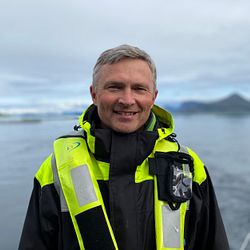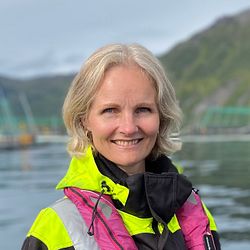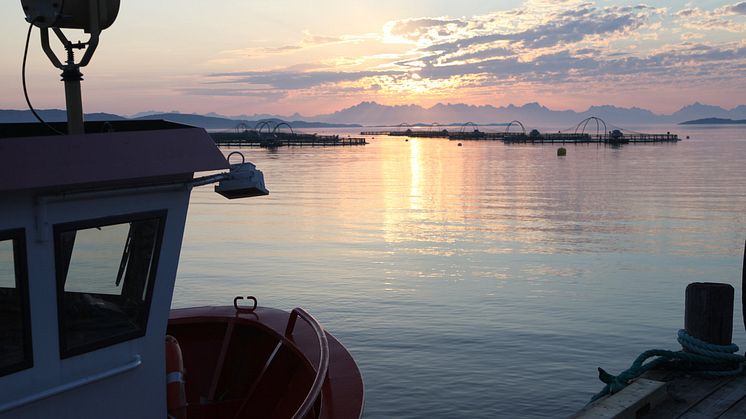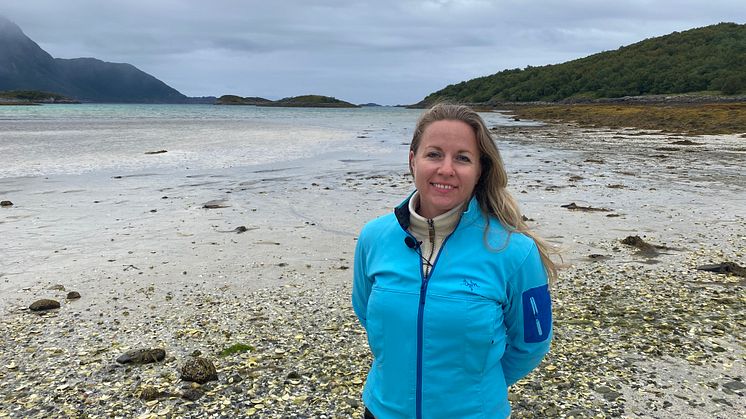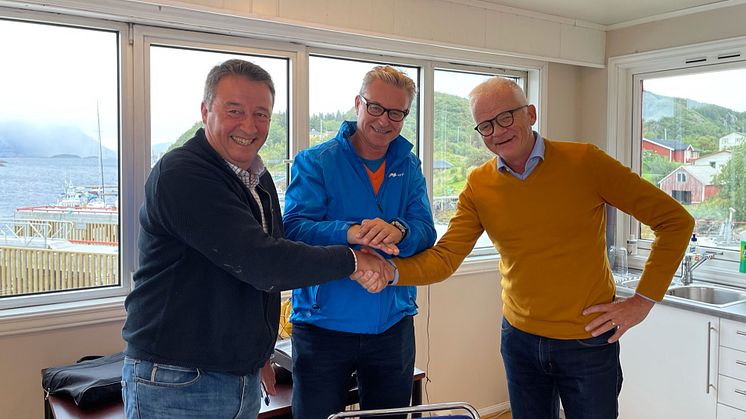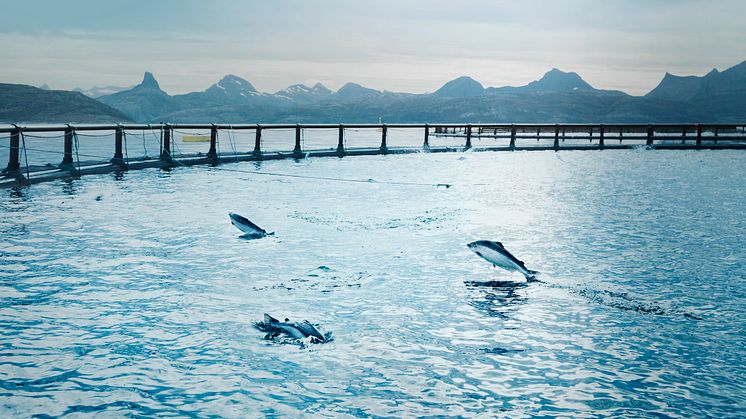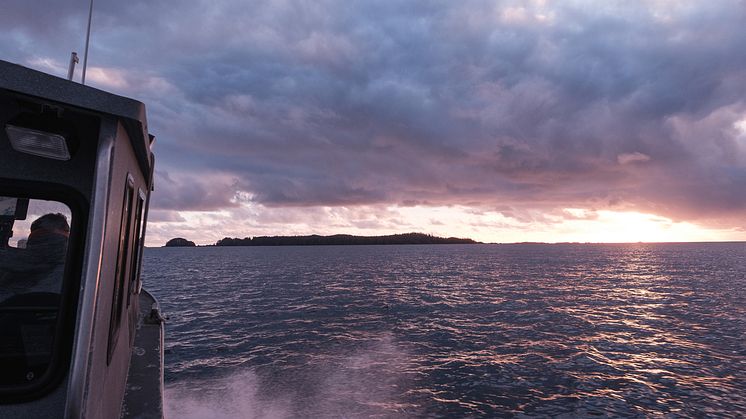
Press release -
Climate action and biodiversity at stake at COP 26
In the run up to COP 26, Cermaq joins UNs Food and Agriculture Organisation (FAO) in engaging the private sector in climate proofing aquatic food systems. Blue Food is climate action and is needed both for human and planetary health.
“Climate proofing aquaculture means that we must cut our GHG emissions to keep temperature rise below 1.5°C and implement effective adaptation and mitigation measures so that we can continue to deliver healthy food from the ocean going forward. And we must do this together on a large scale to get the impact we need,” says Wenche Grønbrekk, Head of Sustainable Development in Cermaq in a panel debate at the COP 26 side event arranged by FAO and SeaBOS
Recommendations from the COP 26 side event include
- companies should set science-based emission reduction targets (SBTi)
- science-industry collaboration is needed for climate action
- regenerative aquaculture can contribute to resilience and biodiversity enhancement.
“Cermaq has committed to reducing our GHG emission by 35% by 2030 with 2019 as base year. We hope more companies will follow in setting a science-based target,” continues Grønbrekk.
The Blue Food Assessment, released 16 September, shows the potential in blue food, to improve human and planetary health. It also demonstrated that blue food is diverse as 23 species groups of aquatic food are representing three-quarters of global production.
While farmed salmon has the potential to replace meat consumption in certain parts of the world, due to the high quality and the strong nutrition profile, other species will be basis for sustainable growth in blue food in other regions.
“Cermaq is exploring co-production with non-fed aquaculture such as seaweed, where nutrient emissions from salmon farming is used for kelp production while it also serves as a carbon sink. This is also a part of the power of blue food,” says Grønbrekk.
Background information - Blue Food Assessment
The Blue Food Assessment report summarizes the findings in nine peer reviews science papers addressing the role of blue food in transition of our food systems based on sustainability and nutrient profiles. The report is intended to motivate decision-makers to capitalize on the extraordinary potential of blue foods to support the transition to a future in which food systems are fairer, healthier, and more resilient and food is produced in ways that not only feed more people but also reduce pressure on the Earth’s resources.
More than 100 leading researchers are behind the Blue Foods assessment with Stockholm Resilience Centre at Stockholm University and the Center for Ocean Solutions and the Center on Food Security and the Environment at Stanford University as core partners.
Topics
Categories
Cermaq is one of the world's leading companies in farming of salmon and trout, with operations in Norway, Chile and Canada. Cermaq is a fully owned subsidiary of Mitsubishi Corporation with head office in Oslo, Norway.

